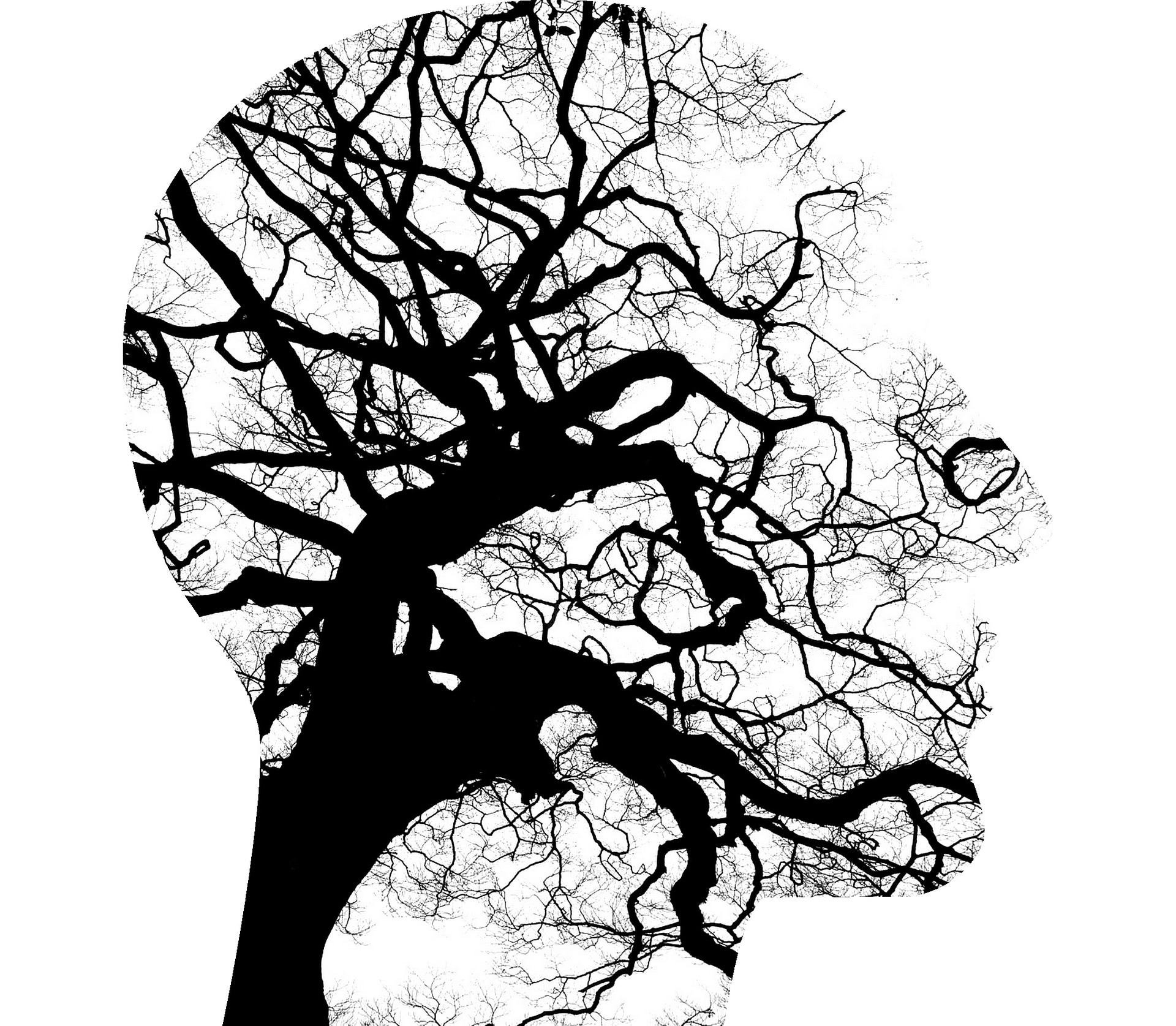What is Genetic Counseling?
Genetic counseling is a process of collecting and analyzing family medical history to evaluate and understand a family's risk of an inherited medical condition. It is a service providing information about options of genetic testing to help patients find a genetic cause of a genetic condition.
Genetic counseling also provides emotional support and gives patients information about such things as:
How inherited diseases and conditions might affect them or their families.
How family and medical histories may impact the chance of disease occurrence or recurrence.
Which genetic tests may or may not be right for them, and what those tests may or may not tell.
How to make the most informed choices about healthcare conditions.
We Offer
Who are genetic counselors and what are their qualifications?
A genetic counselor is a health professional with specialized training and education in medical genetics and counseling. Genetic counselors usually have a master's degree in genetic counseling, are certified through the American Board of Genetic Counseling, and receive continuing education to maintain their certification.
Genetic Counselors are an integral part of clinical care in many areas of medicine. They can specialize in:
ART/Infertility Genetics
Cancer Genetics
Cardiovascular Genetics
Fetal Intervention and Therapy Genetics
Hematology Genetics
Metabolic Genetics
Neurogenetics
Pediatric Genetics
Personalized Medicine Genetics
Prenatal Genetics
Psychiatric Genetics
Genetic counselors can help assess risks of genetic disease through analyzing family health history. They can also help with understanding genetic testing and designing testing strategy to find a possible cause from genetic material.
Genetic counselors can interpret genetic test results and are trained to tailor, translate and communicate complex genetic information into personalized, practical and understandable decision-making information that healthcare providers and their patients can use in health management decision-making.
Reasons to see a Genetic Counselor
There are many reasons to see a genetic counselor. Some examples are as follows:
Questions about genetics or genetic testing.
A family history of a suspected genetic condition.
A family history of cancer, Alzheimer's disease, a heart disorder or any other disease that may have a genetic cause.
A family history of an inherited disorder, chromosomal disorder, a birth defect, intellectual disability, or developmental delay.
A family history of infertility, two or more pregnancy losses (miscarriages), a stillbirth, or a baby who passed.
A woman who is pregnant or plans to become pregnant at or after age 35. Some chromosomal disorders occur more frequently in children born to older women.
People related by blood (for example, cousins) who plan to have children together. A child whose parents are related may be at an increased risk of inheriting certain genetic disorders.
An increased risk of developing or passing on a particular genetic disorder on the basis of a person’s ethnic background.
Abnormal test results that suggest a genetic or chromosomal condition.
Questions about a result from a genetic test.





